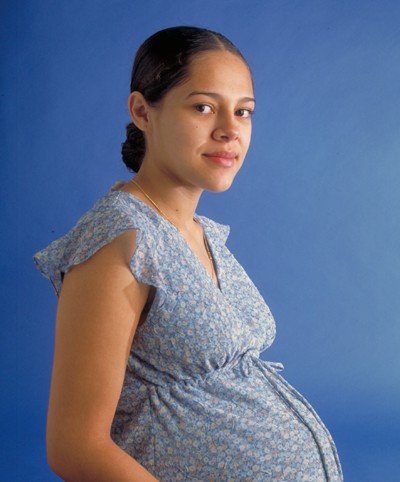There have long been concerns regarding the use of the anticonvulsant valproate (Depakote) during pregnancy. First trimester use of valproate has been associated with a 3-5% risk of neural tube defects, as well as an increased risk of other malformations affecting the heart, limbs, and genitals. Prenatal exposure to valproate may also result in lower IQ and increased risk of autism spectrum disorders in the offspring. Despite these significant risks, women of reproductive age continue to be treated with valproic acid.
According to a new study reviewed in Medscape, researchers assessed risk for major malformations associated with prenatal exposure to valproic acid using data from SNIIRAM (French National Health Insurance Information System) from 2011 to 2015. This included 2323 mothers who used valproic acid during pregnancy: 1345 for epilepsy and 978 for bipolar disorder.
The risk for major malformations in children born to women treated with valproic acid for epilepsy was 46.5/1000 compared to 10.2/1000 in the general population. In mothers who took valproic acid for bipolar disorder, the risk was a bit lower (22.2/1000 vs. 10.2/1000). This difference in risk by indication may be related to dose or level of exposure; the authors postulate that women with bipolar disorder may require lower doses of valproic acid and may also be more likely to discontinue treatment than women treated for epilepsy.
The overall risk of having a child with a major malformation is increased about twofold in women with bipolar disorder treated with valproic acid; however, if you look at specific malformations the risk is dramatically increased: hypospadias (17.5% vs. 4.8%) and craniostenosis (4.2% vs. 0.4%).
Back in 2009, the American Academy of Neurology and American Epilepsy Society recommended against the use of valproic acid in women of childbearing age because of the various risks associated with prenatal exposure. Raising similar concerns, in 2014 the European Medicine Agency (EMA)’s Pharmacovigilance and Risk Assessment Committee recommended restricting the use of valproic acid in women of reproductive age. The EMA made the following specific recommendations regarding the use of valproic acid in this population:
- If possible, an alternative to valproic acid should be used in women of reproductive age
- If valproic acid is the only option, women should use effective contraception and should be closely supervised.
- Doctors who prescribe valproic acid to women of reproductive age must review the reproductive risks associated with this drug and must clearly explain the reason for choosing valproic acid over other options.
- Women taking valproic acid should also take 4mg of folic acid daily to reduce the risk of birth defects in the setting of unplanned pregnancy.
Ruta Nonacs, MD PhD
ANSM Report Examines Risk for Valproic Acid Birth Defects (Medscape – free subscription)








Leave A Comment